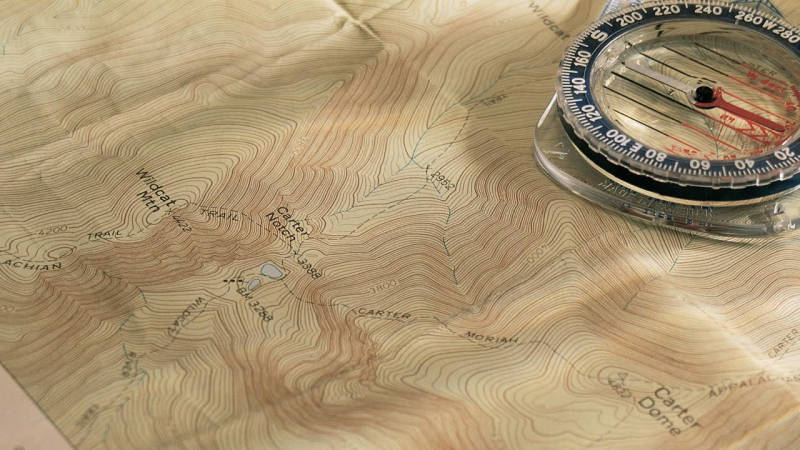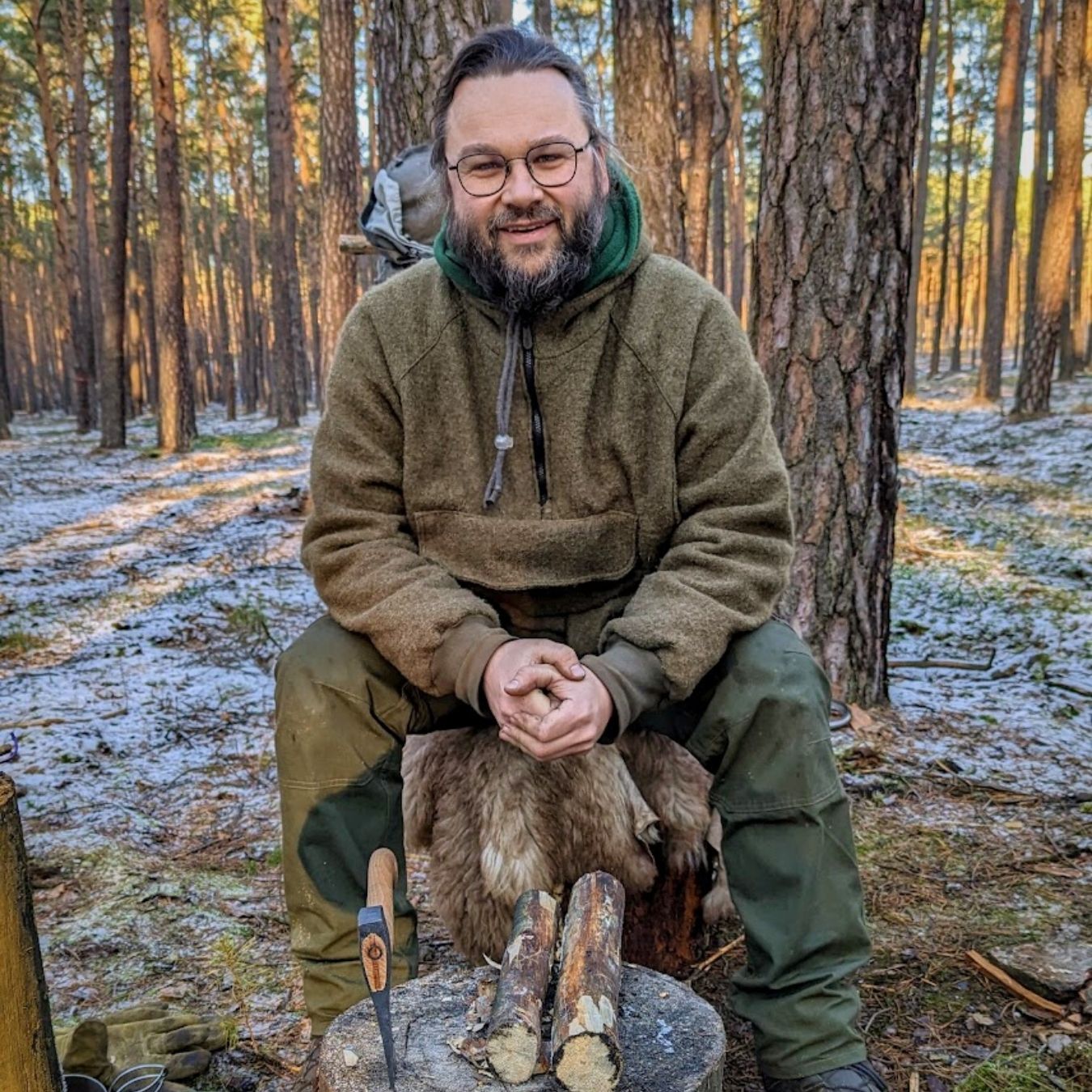
Survival strategies
Nomen
Meaning
Survival strategies are essential skills and techniques used to increase your chances of survival in the wilderness or during emergencies. These strategies encompass a wide range of knowledge and abilities, including shelter building, fire making, foraging for food and water, navigation, and first aid. They are crucial for anyone venturing into the outdoors, whether it be for camping, hiking, or other outdoor activities. Understanding and practicing survival strategies can mean the difference between life and death in challenging situations. By learning these skills, you become more self-reliant and better equipped to handle unexpected circumstances in the great outdoors.

Examples
„I've been practicing survival strategies for years, and they have helped me navigate through challenging situations in the wilderness. Whether it's finding food, building shelter, or starting a fire, these strategies are essential for anyone venturing into the great outdoors.“
„One of the most important survival strategies is to always be prepared. This means having the right gear, such as a reliable knife, a waterproof tarp, and a fire starter. Being prepared also means having the knowledge and skills to use these tools effectively.“
„When it comes to finding food in the wild, foraging is a crucial survival strategy. Knowing which plants are edible and how to identify them can mean the difference between going hungry and having a nourishing meal. It's also important to learn how to hunt and fish, as these skills can provide a sustainable source of protein.“
„Building a shelter is another vital survival strategy. Whether it's constructing a debris hut, setting up a tarp shelter, or finding a natural cave, having a safe and secure place to rest and protect yourself from the elements is essential for survival.“
„Lastly, having the ability to start a fire is a fundamental survival strategy. Fire provides warmth, light, and the ability to cook food and purify water. Knowing how to gather tinder, create a spark, and maintain a fire is a skill that every survivalist should master.“
„These survival strategies are not only practical but also empowering. By learning and practicing them, you gain the confidence and ability to survive and thrive in the wilderness. So, whether you're an avid adventurer or simply want to be prepared for any situation, incorporating these strategies into your outdoor pursuits is a wise choice.“
Origin
The word "Survival strategies" originates from the English language. The term "survival" comes from the Latin word "supervivere," which means "to live beyond." It has its roots in the concept of staying alive and overcoming challenges in order to continue existing.
Survival strategies have been developed and practiced by humans throughout history, particularly in situations where resources are scarce or dangerous conditions are present. These strategies have evolved over time as humans have learned from their experiences and adapted to different environments.
In the context of wilderness survival, strategies include skills such as finding and purifying water, building shelter, starting fires, hunting and gathering food, and navigating through unfamiliar terrain. These strategies are essential for individuals to sustain themselves in the wild and increase their chances of survival.
Survival strategies have also been studied and applied in various fields, including psychology, business, and military tactics. The principles of adaptability, resourcefulness, and resilience that underpin survival strategies can be valuable in many aspects of life.
Synonyms
Survival tactics, Survival techniques, Survival skills, Wilderness survival, Bushcraft skills, Outdoor survival, Primitive survival, Natural survival
Antonyms
Comfort, Luxury, Dependence, Surrender, Weakness, Vulnerability, Defeat, Resignation
Relatives
Wilderness survival, Bushcraft skills, Outdoor survival, Primitive skills, Survival techniques, Survival skills, Survival training, Emergency preparedness
Historical and cultural importance
Survival strategies have been a crucial part of human existence since the beginning of time. Throughout history, different cultures and civilizations have developed their own unique approaches to surviving in challenging environments.
One example of a historically significant survival strategy is the nomadic lifestyle practiced by many indigenous peoples. Nomadic tribes, such as the Mongols or the Bedouins, developed strategies to adapt to their harsh environments and ensure their survival. They mastered the art of living off the land, utilizing their knowledge of local flora and fauna to find food, water, and shelter.
Another culturally relevant survival strategy is the concept of bushcraft, which originated from the indigenous peoples of North America. Bushcraft encompasses a wide range of skills and techniques for living and thriving in the wilderness. It includes knowledge of primitive tools, fire-making, shelter-building, and foraging for food.
In more recent history, survival strategies have also played a significant role in military training and warfare. Special forces units, such as the Navy SEALs or the SAS, are trained in various survival techniques to operate in hostile environments. These strategies include evasion and escape tactics, camouflage, and wilderness survival skills.
Overall, understanding the historical and cultural relevance of survival strategies provides valuable insights into the mindset and resourcefulness of different societies throughout time. It highlights the importance of adaptability, resilience, and the ability to utilize the natural resources available in order to survive and thrive in challenging circumstances.
More information about the term Survival strategies
Survival Strategies
When it comes to surviving in the wilderness, having the right strategies can make all the difference. In this article, I will share with you some essential survival strategies that will help you navigate through challenging situations and increase your chances of making it out alive.
Adaptability
One of the most important survival strategies is adaptability. Being able to adapt to your surroundings and the resources available is crucial. Whether it's finding shelter, sourcing food and water, or navigating through unfamiliar terrain, being adaptable allows you to make the most of your situation and increase your chances of survival.
Resourcefulness
Resourcefulness is another key survival strategy. In a survival situation, resources are often limited, and being able to make the most of what you have is essential. This could mean using natural materials to build a shelter, creating tools from found objects, or finding alternative sources of food and water. Being resourceful allows you to maximize your chances of survival even with limited resources.
Knowledge and Skills
Having the right knowledge and skills is crucial for survival. Knowing how to start a fire, build a shelter, find and purify water, and navigate using natural landmarks are just a few examples of essential survival skills. Additionally, having knowledge of edible plants, first aid, and basic self-defense techniques can greatly increase your chances of survival in the wild.
Positive Mindset
A positive mindset is often underestimated but plays a significant role in survival. Maintaining a positive attitude can help you stay focused, motivated, and resilient in challenging situations. It allows you to think clearly, make rational decisions, and adapt to changing circumstances. Cultivating a positive mindset is essential for overcoming obstacles and increasing your chances of survival.
Planning and Preparedness
Proper planning and preparedness are essential survival strategies. Before venturing into the wilderness, it's crucial to research the area, understand potential risks, and pack the necessary gear and supplies. Having a well-thought-out plan and being prepared for various scenarios can significantly increase your chances of survival and help you stay calm and focused in stressful situations.
Physical and Mental Fitness
Physical and mental fitness are vital for survival. Being physically fit allows you to endure the physical demands of survival, such as long hikes, carrying heavy loads, and performing strenuous tasks. Mental fitness, on the other hand, helps you stay focused, make rational decisions, and cope with stress and fear. Prioritizing your physical and mental well-being is crucial for increasing your chances of survival.
Conclusion
Surviving in the wilderness requires a combination of adaptability, resourcefulness, knowledge, a positive mindset, planning, and physical and mental fitness. By incorporating these survival strategies into your wilderness adventures, you can increase your chances of making it out alive and thriving in even the most challenging situations.
Back to overview

